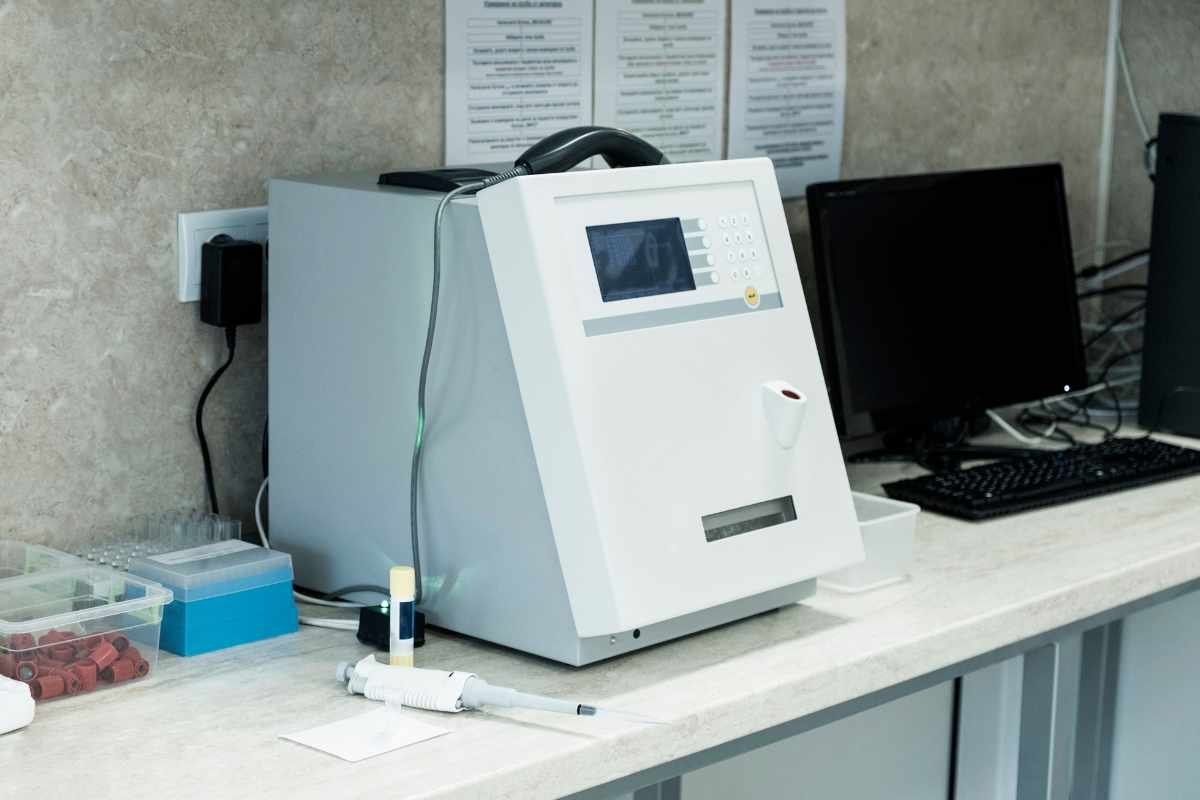A Nuclear Medicine Technologist (NMT) is a trained healthcare professional who can also be referred to as an isotope, radioisotope technologist, or radiologist. The technologists treat patients who suffer from diseases such as cancer, bone disorders, lung disorders, thyroid disorders, neurology, and cardiac patients. Every disease has a different treatment and involves radioactive materials. The NMTs use specialized imaging equipment for diagnosis and follow therapeutic procedures to treat patients.
How to Become a Nuclear Medicine Technologist?

Educational Requirements to Become a Nuclear Medicine Technologist
- If you are interested in the field of technology and medicine, then you can consider this profession.
- You need to take subjects such as Maths, Physics, Chemistry, and Biology till high school. It will also be good if you keep yourself updated in the field of technology.
- Once you complete your high school, you need to take an associate or B.Sc degree in Nuclear Medicines. The duration of the Undergraduate course is approximately three years.
- After completing your Bachelor’s degree, you can take internships in hospitals, clinics, or organizations dealing with Medical Sciences to get practical experience.
- Along with your internships or after your UG degree, you can take PG courses, such as an M.Sc or doctorate in nuclear medicine technology. The course duration is approximately two years.
- There are many certifications that you can acquire in this field. The American Registry of Radiological Technologists (ARRT) and the Nuclear Medicine Technology Certification Board (NMTCB) are the most famous certification program bodies in the U.S. where you can gain your certification.
- If you are taking education from India, then you can take direct admission. To get into top Medical Universities such as AIIMS, you need to take entrance exams such as NEET for UG or PG courses in this field.
Roles & Responsibilities of a Nuclear Medicine Technologist

After getting certified as a Nuclear Medicine Technologist, here are some day-to-day activities that a Nuclear medicine tech generally practices.
- A Nuclear Med Tech works with the health care physician of the patient. They are responsible for explaining the procedure to the patients to keep them calm during the entire process.
- Before the image-capturing process, the Nuclear Medicine Technologist injects an appropriate dose of injection of radioactive substance into the patient’s body, depending on the organ that is scanned.
- The technologist handles the imaging equipment, such as gamma camera PET (Positron Emission Tomography) and SPECT (Single Photon Emission Computed Tomography), with the right techniques. This equipment helps them to capture the images of body organs, tissues, hearts, and bones and provides them with insights into the functioning of the organs.
- During the process of capturing images and injecting the radioactive substance, the technologist examines the body of the patients. They check if they are having any discomfort during these processes so that they can make them feel comfortable.
- After all the processes are completed, they provide the captured image to the doctor so that the doctors can discuss with the patients the results of the report, the procedure of diagnosis, and treatments that are needed.
Career Opportunities of a Nuclear Medicine Technologist

Is There a Demand for the Role of Nuclear Medicine Technologist?
- There is a lot of advancement in imaging technology and continuous inventions of radiopharmaceuticals, which has increased the scope of the Nuclear Medicine field.
- The job opportunities for technologists are in hospitals, Diagnostic Imaging Centers, Cancer Treatment Centers, Research Centers, Cardiology or Neurology Centers, and Academic Institutions, or you can also work on short-term contracts.
- There is a lot of demand for this role as the Nuclear Medicine field is booming in the healthcare industries. The salary for a technologist may be less at the start, but eventually, it increases.
- Though there is a demand for this role, the growth of employment opportunities is lesser than the other occupations but is increasing year after year.
- Similar roles to Nuclear Medicine technologists are Radiologist, Research Associate, Academician, Associate, or Lab Leader in Nuclear Medicine Technology.
Skills to Become a Nuclear Medicine Technologist
- Communication Skills: An NMT needs to have effective communication skills. They have to constantly communicate with the nuclear medicine physicians and patients. They should be able to explain and make the patients understand the procedure and take care of them throughout the process.
- Be an Expertise in the Image Equipment: They should be an expert while using the imaging equipment to ensure they are delivering correct images to the nuclear physician and avoid a repetition of the work.
- Critical & Analytical Skills: An NMT should be able to analyze the images and check if they are of good quality so that the physicians do not have any issues while diagnosing.
- Able to be on toes: An NMT should have good physical stamina to complete their day-to-day tasks as they continuously need to help the patients. It includes extensive working for long hours and helping them to walk as they might lose energy after the medical procedure. We recommend the technologists be physically fit to avoid fatigue and be more productive.
Final Thoughts
Anyone interested in the field of Medical and Technology can go for this role. We hope you got valuable information about the roles and responsibilities, skills, career opportunities, and educational requirements to become a Nuclear Medicine Technologist.









